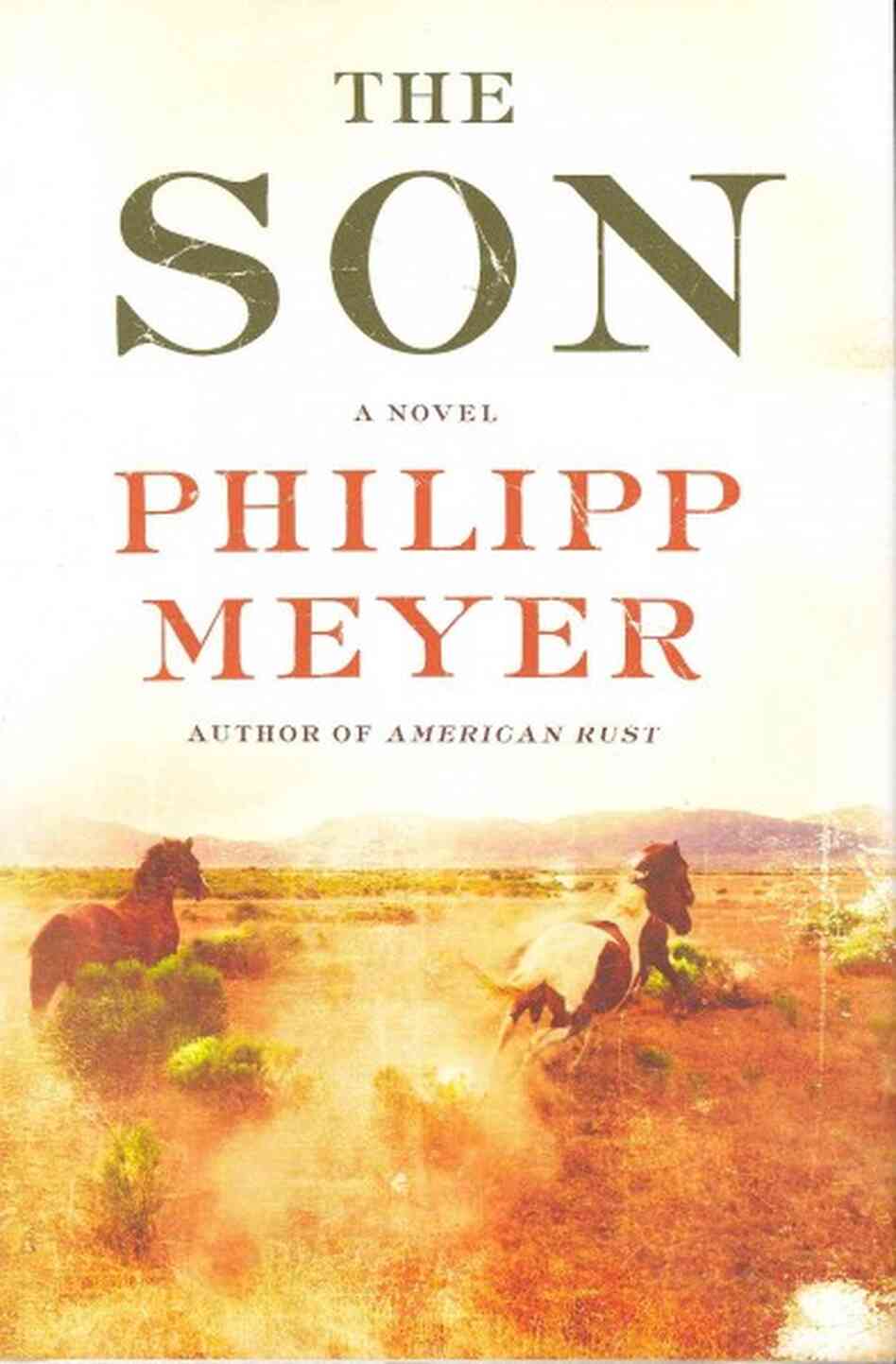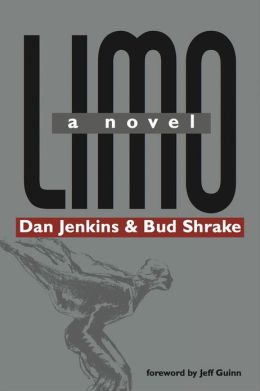I recently finished this book about a boy raised by ghosts
in a graveyard, and it was one of the most beautiful and bittersweet things
I’ve read. I hadn’t read a complete Neil Gaiman book before, but the love he
receives on the Internet and his last American signing tour going on right now
both urged me to try something of his. Now I can say with confidence that I
love his writing and have already bought my ticket to hear him speak in Dallas
at the end of June.
My senior thesis advisor recommended this nonfiction book to
me. It’s a book for writers with tips for style and voice as well as forming
good habits to tap into creativity. I haven’t read much of it yet, but I’m
using it to get pumped for writing my senior thesis over the summer. A lot of
writers recommend reading it because it’s for writers by a writer who has
struggled, too.
I saw this at Barnes & Noble and bought it on a whim.
It’s a mix of historical fiction and mystery in which the main character,
Maggie Hope, is the newest secretary to recently elected Winston Churchill just
as World War II is getting underway. She got the job because her predecessor
had been murdered, so who knows what might happen. I’d been in the mood for
something historical, and my favorite decades to read from are the first half
of the twentieth century. Add in an intelligent, spunky, feminist protagonist,
and I’m good to go.
I’m a big fan of Terry Pratchett’s Discworld series and have
been slowly jumping through it for years. Next up for me is this book, which
follows the Ankh-Morpork Nightwatch, the city’s police department in a lot of ways.
It combines two of my favorite genres: fantasy and mystery. Although it’s easy
to dismiss these books as regular trade fantasy, any of Terry Pratchett’s books
hint at a deeper truth of human nature that does make you think. It’s just
wrapped in a hilarious, easy-to-swallow fantasy adventure.
A lot of my friends kept telling me that I’d missed out on
Tamora Pierce during puberty. It’s a little late now, but I’ve borrowed all of
the Tortall books en masse. The next one is the first in the Protector of the Small series. Every
girl should read these books, and so should everybody, because young adult
fiction isn’t just for young adults. A sign on the Kent District Library once
said, “It’s okay to read [young adult fiction] even if you are no longer, by
any stretch of the imagination, young. In fact, you’ll find they often have
provocative themes and complex characters that are the equal of most of the
books you’ll find on the ‘adult’ fiction shelves these days.” That’s definitely
true for this series.



















